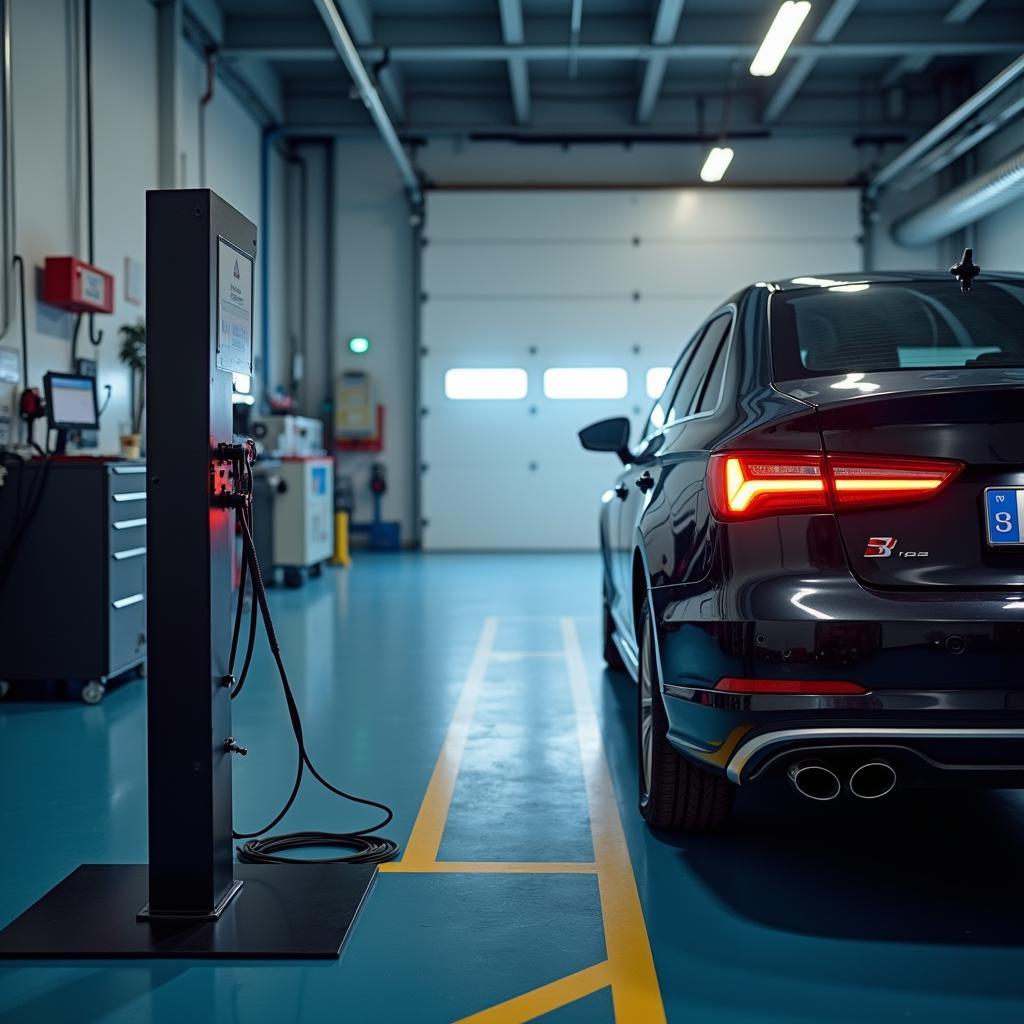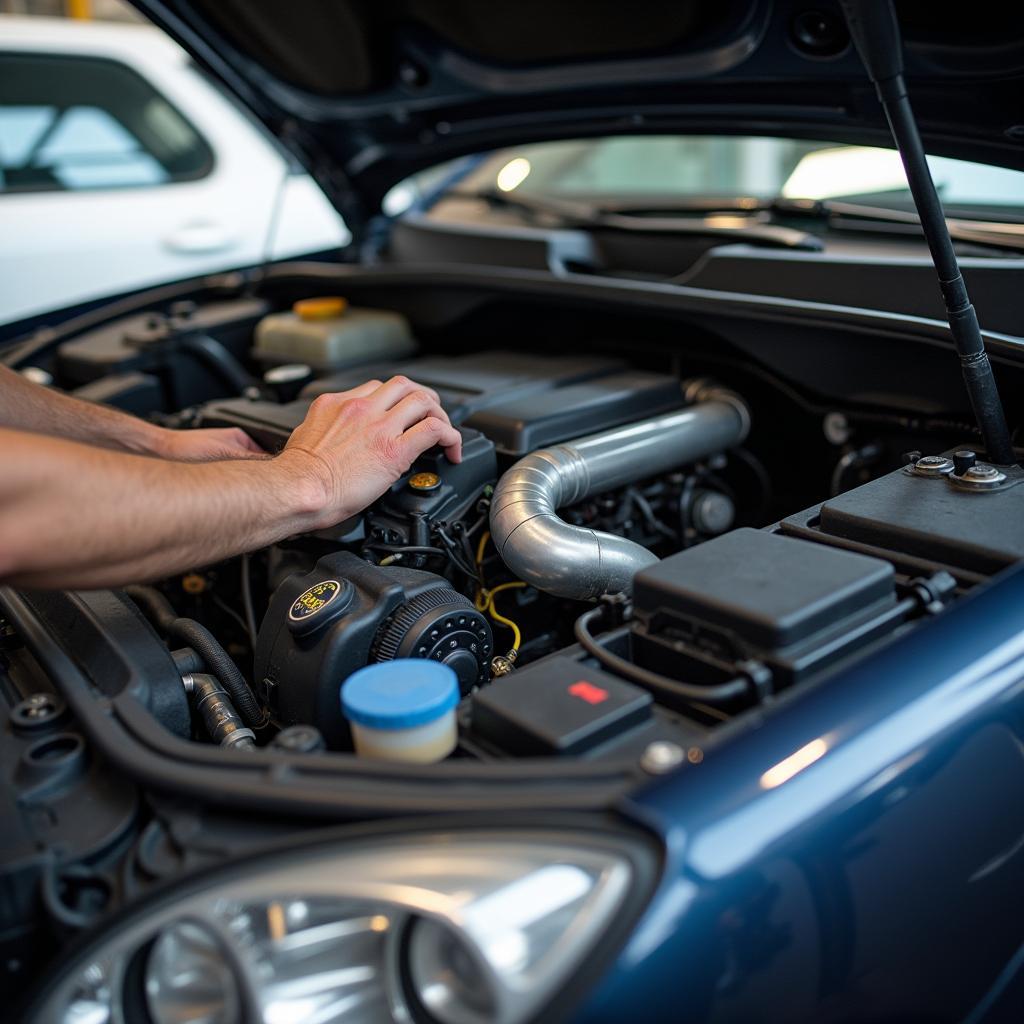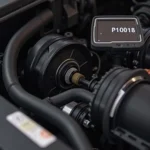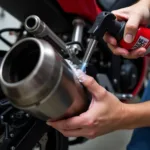The Euro 2 standard was once a significant milestone in the fight against vehicle pollution. But what exactly does it mean, and what relevance does it still have for car owners today? This article provides a comprehensive overview of the Euro 2 standard, its history, and its impact.
What is the Euro 2 Standard?
The Euro 2 standard is an emissions standard that came into effect in 1996. It mandated stricter limits for the emission of pollutants such as carbon monoxide (CO), nitrogen oxides (NOx), and hydrocarbons (HC) for all newly registered vehicles. The goal was clear: improve air quality and reduce environmental impact from road traffic.
 Vehicle undergoing Euro 2 emissions test
Vehicle undergoing Euro 2 emissions test
History of the Euro 2 Standard
The Euro 2 standard was part of a series of European emissions standards gradually introduced since the 1990s. It followed the Euro 1 standard and laid the groundwork for even stricter standards like Euro 3, Euro 4, and the currently applicable Euro 6d-TEMP and Euro 6d standards.
“The introduction of the Euro 2 standard was an important step towards cleaner mobility,” says Dr. Markus Schmidt, an engineer and expert in emissions technology. “It significantly helped reduce vehicle emissions and improve air quality in our cities.”
Relevance of the Euro 2 Standard Today
Although the Euro 2 standard has long been superseded by newer standards, it still holds relevance for some car owners. Vehicles meeting the Euro 2 standard may be subject to driving bans in some cities, especially on days with high particulate matter pollution.
What to Do With a Euro 2 Vehicle?
Owners of vehicles with the Euro 2 standard have various options. While upgrading to a higher emissions standard is technically possible, it is often associated with high costs.
 Vehicle undergoing emissions system retrofit
Vehicle undergoing emissions system retrofit
Alternatively, you can sell your vehicle or have it scrapped. There’s also the option to de-register your vehicle and move it with a temporary license plate if needed.
Conclusion
The Euro 2 standard played its part in improving air quality. Although it no longer reflects the current state of technology, it’s important to know its history and impact. If you own a vehicle with the Euro 2 standard, you should inform yourself about the applicable regulations in your city and choose the best option for you.
Do you have further questions about the Euro 2 standard or need help choosing the right solution for your vehicle? Contact us! Our automotive experts are happy to assist you.

